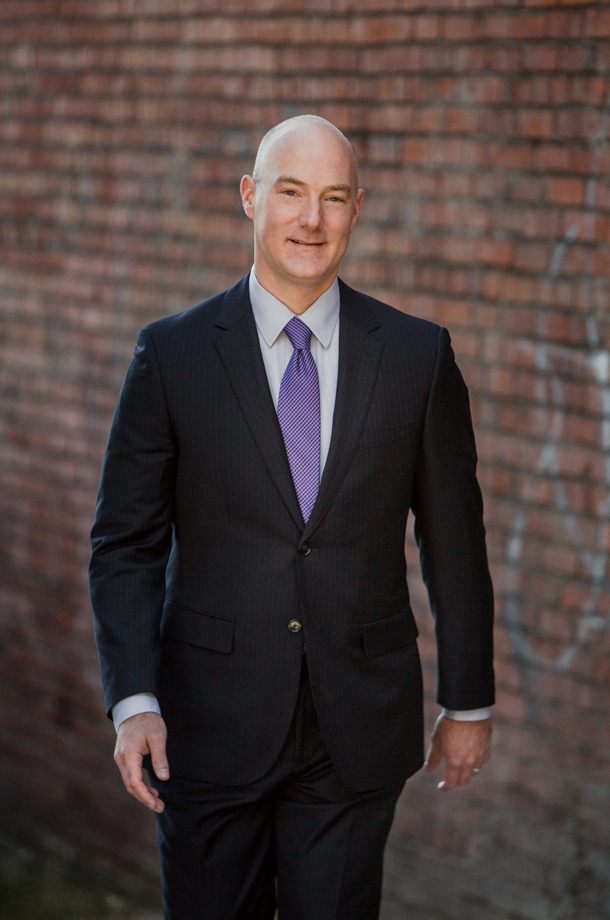Recent media reports state that Dean Smith, coach of the University of North Carolina Tar Heels basketball team, left a gift of $200 to each former letterman player that he coached. One of the players posted a copy of the letter and cheque on Twitter and it went viral.
Occasionally our clients wish to do something similar, for example business owners wanting to leave gifts to employees of their company. Such gifts tend to leave a significant emotional impact regardless of their amount, in part because they are usually unexpected.
Here are a few comments and suggestions for BC residents thinking about implementing a group gift in their estate plan:
- Take care to clearly define the group of recipients. Coach Smith specified that his bequest was to each varsity basketball letterman he coached. If a gift is made to employees as a group, it should specify for example whether it is employees at the time of death only or at some other date, and whether it is all employees, or some subset (e.g. full-time).
- Making the gift in a will means that on death, all recipients will need to be given formal notice of the application for administration and a copy of the will which you may prefer to keep more private. This adds a significant administrative burden. Also, if the will is challenged for any reason, including a wills variation claim by a spouse or child, the beneficiaries may have to wait a very long time to receive their gifts.
- One way to avoid the above hassles involved with making a group gift in a will is to instead leave the total amount of the gift to a trusted individual and give that individual written wishes to in turn make the gifts to group members. However, you have to understand and accept that this is not a binding legal arrangement.
- Another option is to cause the gift to be paid from an inter vivos trust that you create during your lifetime, or from the proceeds of a life insurance policy. These vehicles can be kept more private and do not require the same level of disclosure that a will does.
If you may want to do something like this, talk to your advisors.



